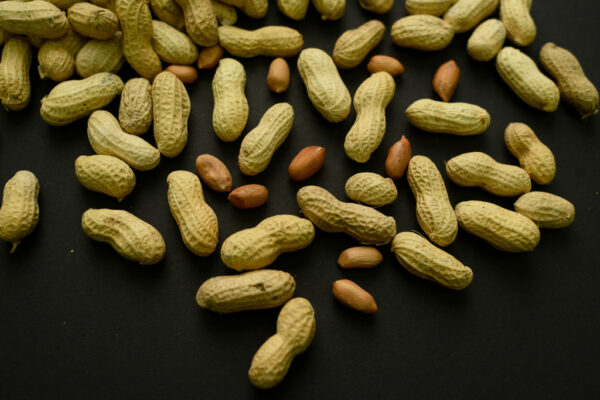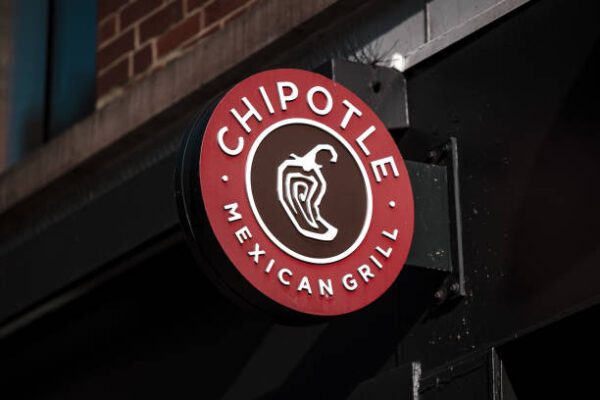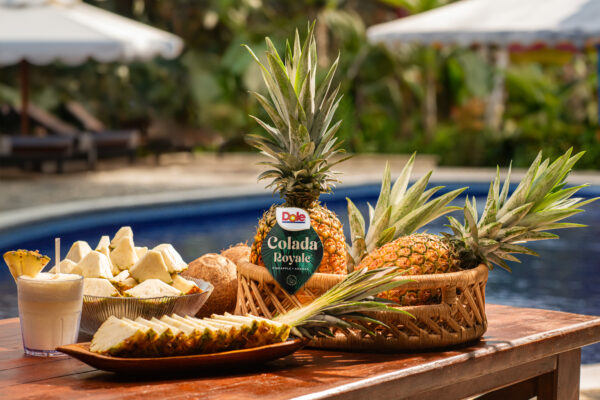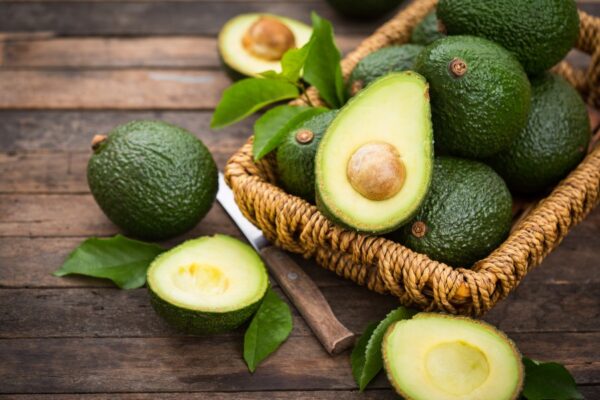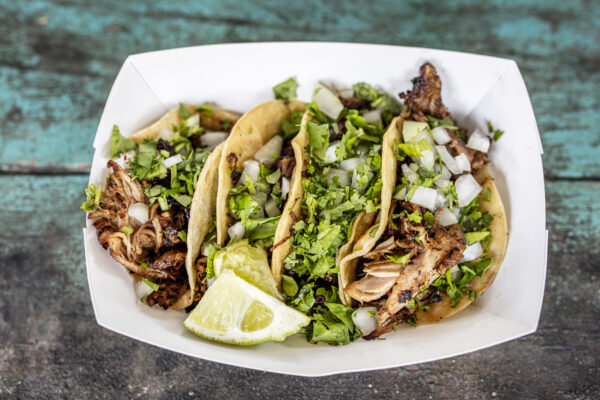A good scare is usually welcome around Halloween, but not when it comes to food safety.
Independent nonprofit Consumer Reports released an in-depth analysis of the 10 foods most often linked to foodborne illness last year. Included are deli meat, a variety of vegetables, raw milk, soft cheeses, eggs and cooked poultry and meat. Food safety expert Rosalee S. Hellberg, Ph.D., explained why these foods are often considered to be riskier than others.
Consumer Reports listed cucumbers, onions, organic carrots and leafy greens as among the top foods linked with foodborne illness in 2024. It’s no surprise that leafy greens are on the list, Hellberg said, as they have a large surface area, can be exposed to contaminated water or soil, and are often eaten raw. Carrots are typically less likely to cause foodborne illness, she said, “but they can still pose risks when eaten raw or improperly handled.”
Notably, no fruits were listed in the top 10 riskiest foods for 2024, but that doesn’t mean they’re safer than vegetables, Hellberg cautioned. Melons, berries and pre-cut items are more likely to carry pathogens such as salmonella or listeria, she said.
Should you wash chicken before you cook it?
Foodborne illnesses caused by cotija and queso fresco cheese resulted in 26 illnesses, 23 hospitalizations and two deaths in 2024, according to Consumer Reports.
“Soft cheeses are considered riskier than hard cheeses primarily because they retain more moisture, which creates a hospitable environment for Listeria monocytogenes,” Hellberg said.
Because soft cheeses are aged for shorter periods, pathogens may not die off. Additionally, some soft cheeses are made from unpasteurized milk.
In general, leafy greens, raw produce, deli meats, soft cheeses, raw dairy, eggs, shellfish and seafood are more susceptible to causing foodborne illness, Hellberg said. This is due to these foods having “high moisture content, low acidity, extensive handling … and complex supply chains,” she said, noting that some of these foods are commonly eaten raw or undercooked.
Does rinsing your produce with water actually do anything?
With Halloween coming up, Hellberg cautions that homemade treats may lack proper sanitation or temperature control and that unwrapped or unpackaged goods can be contaminated during handling. Treats made with dairy or eggs, such as custards or cream-filled pastries, should be refrigerated and can spoil quickly. Avoiding eating raw dough or batter can also reduce the risk of salmonella or E. coli.
Producers can reduce the risk of foodborne illness by maintaining safe irrigation, composting, and sanitation practices. Processing facilities are required by law to adhere to Good Manufacturing Practices (GMPs), “which include standards for equipment sanitation, pest control, employee hygiene and proper storage,” Hellberg said.
Consumers can also reduce their risk of foodborne illness by:
- Washing produce thoroughly
- Cooking meats, eggs and seafood to safe internal temperatures
- Avoiding raw dairy, raw seafood and undercooked meats
- Checking expiration dates and storage instructions
- Keeping cold foods cold and hot foods hot
- Using separate cutting boards for raw and cooked items to prevent cross-contamination

